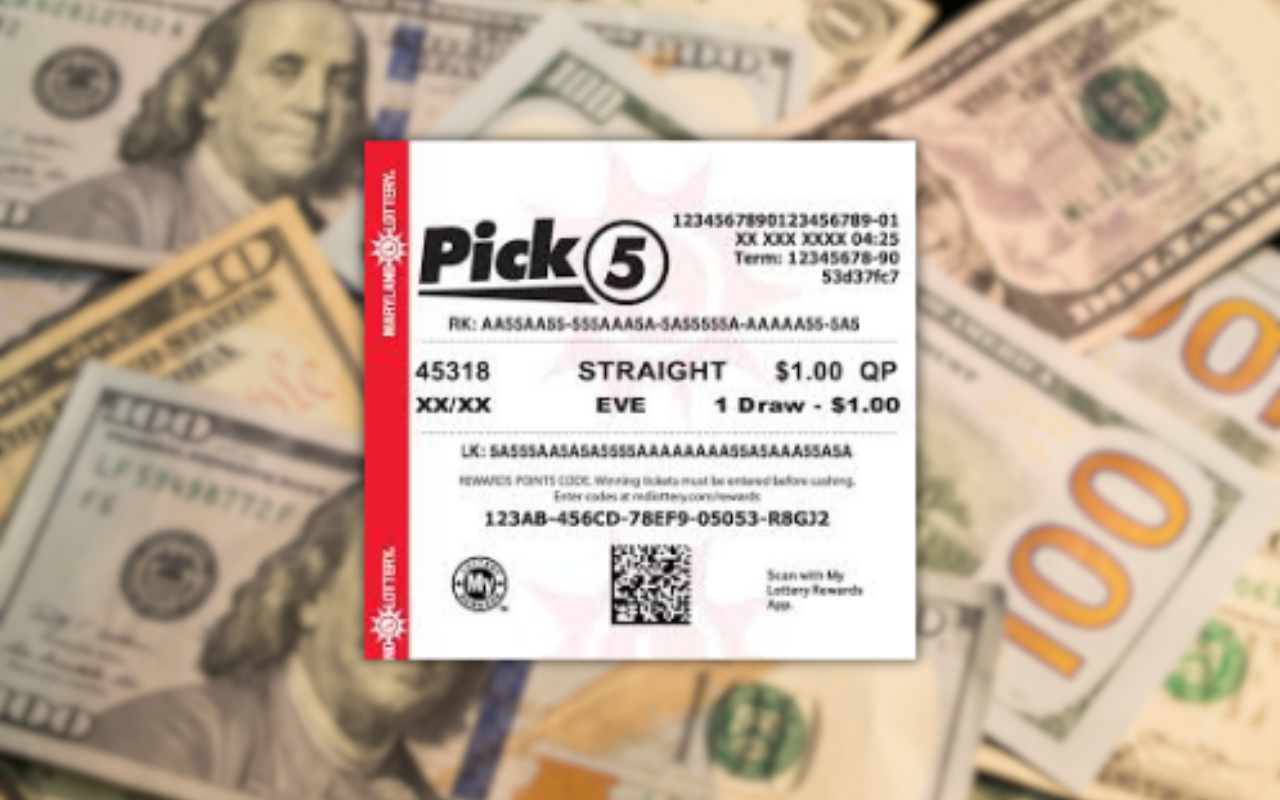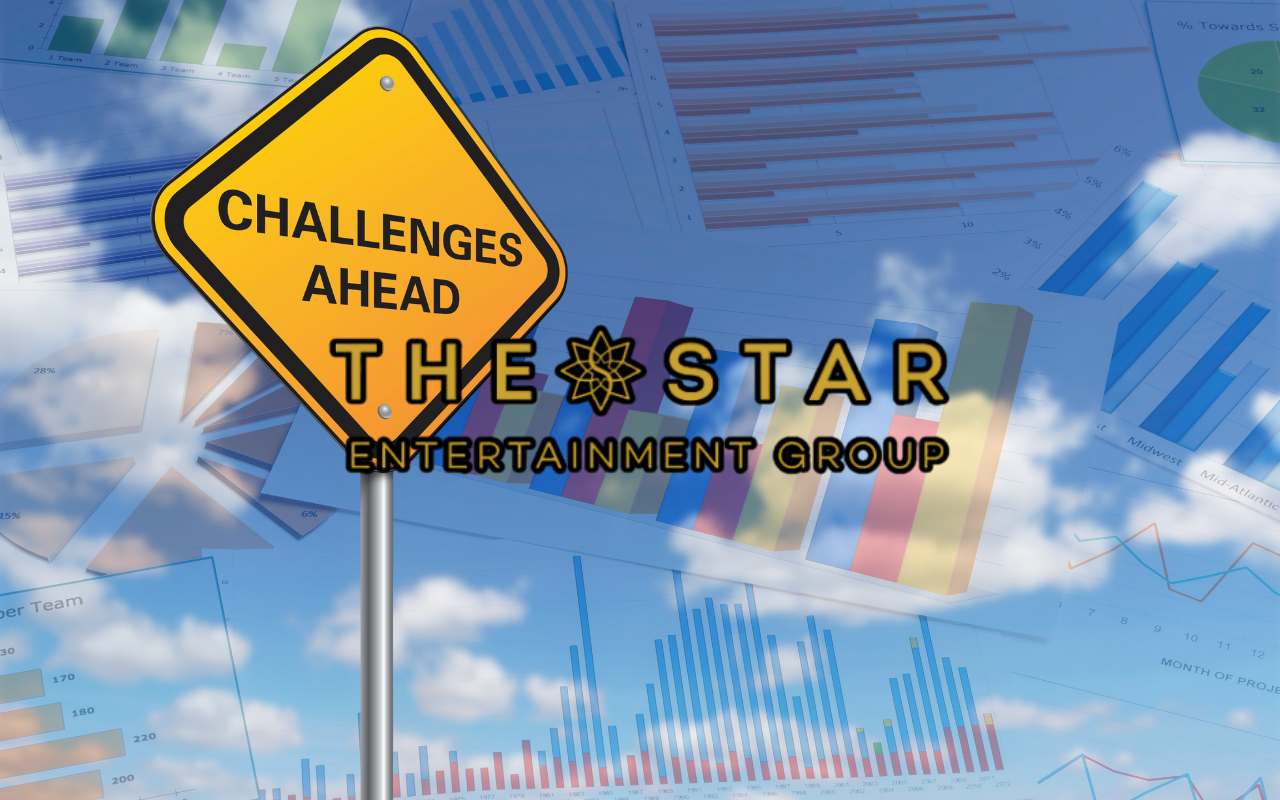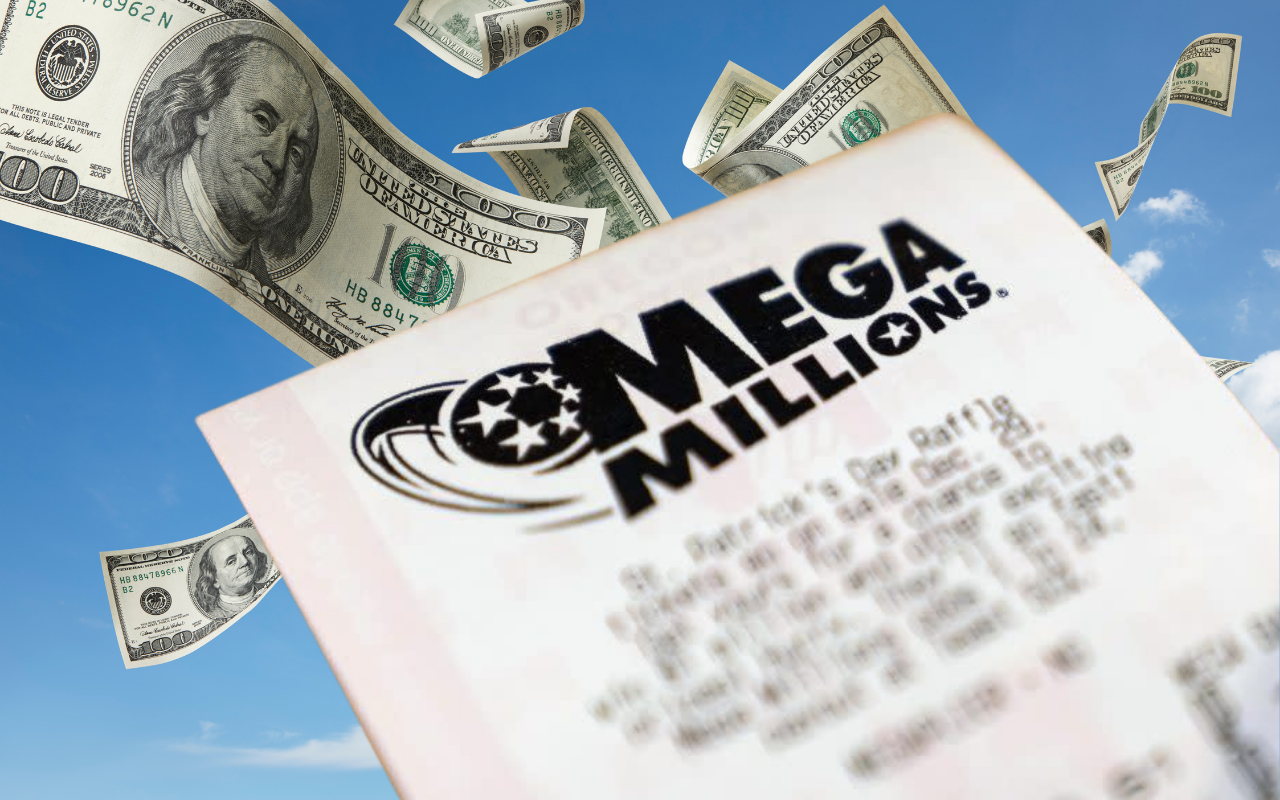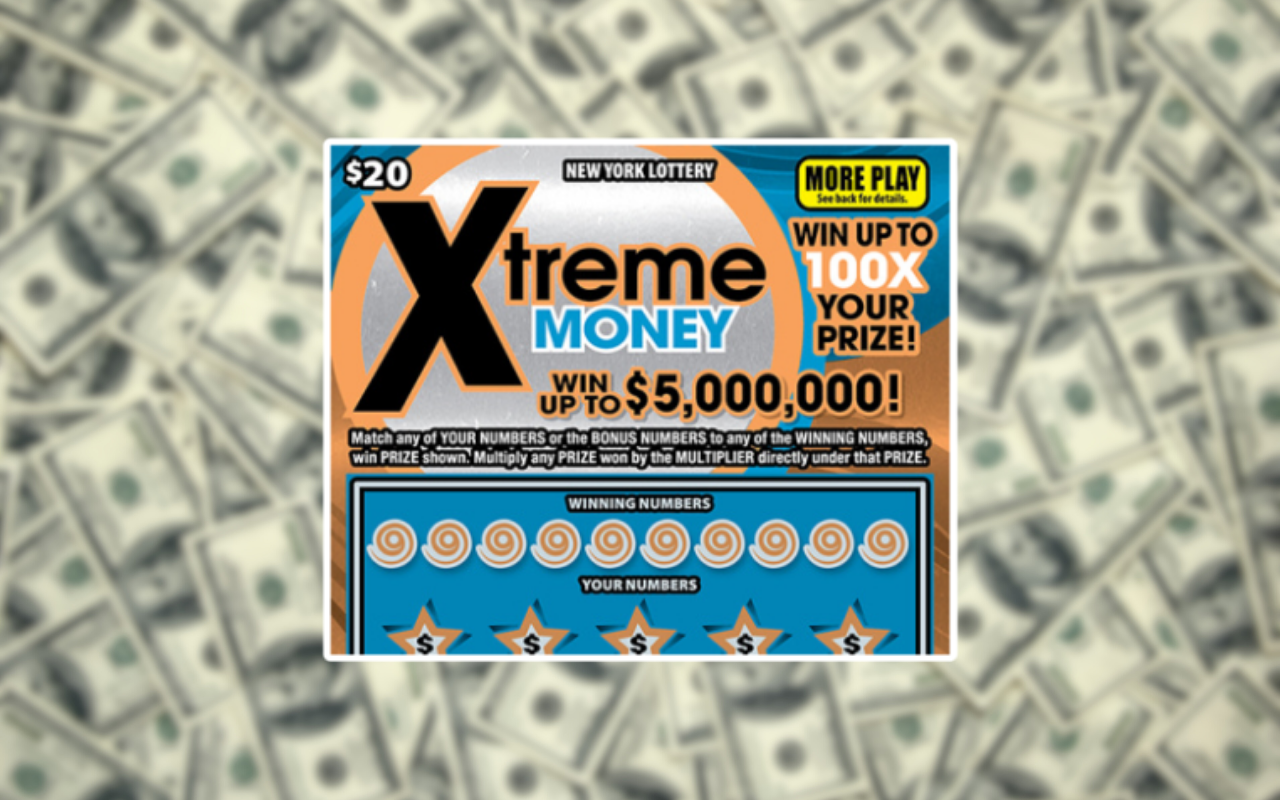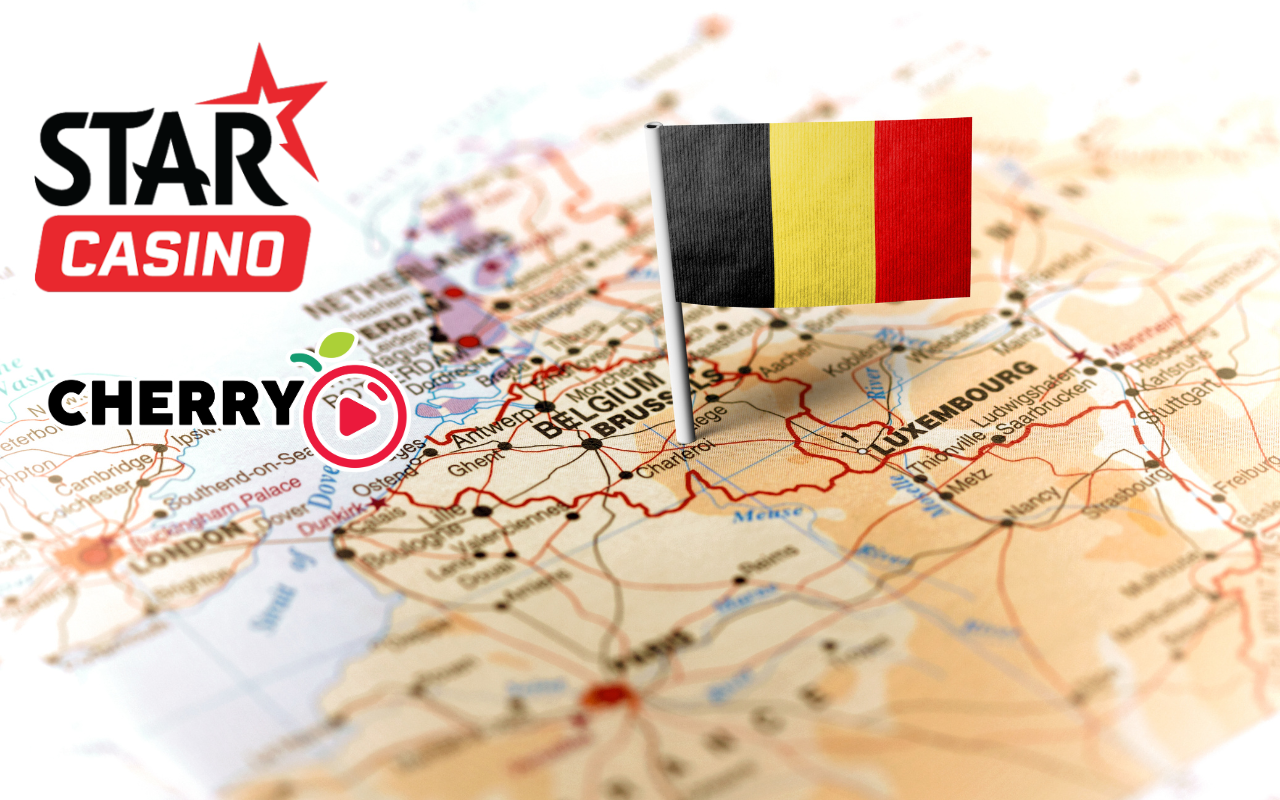Kalshi Faces Intensified Legal Scrutiny in the US
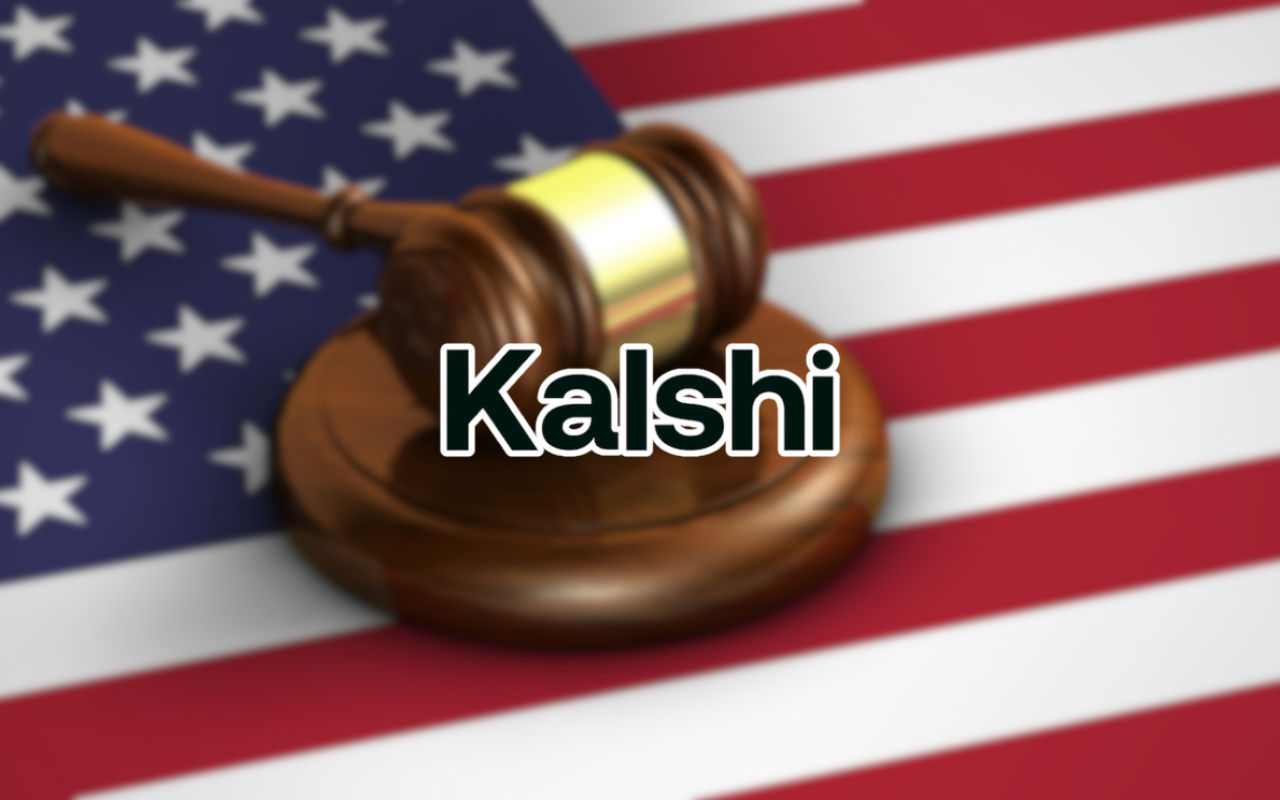
Kalshi’s Expanding Legal Challenges
Two additional states in the US, Illinois and Connecticut, have now joined the list of those scrutinizing Kalshi.
- The specifics of Connecticut’s accusations against Kalshi remain vague, with the state only alleging ‘breaking the law’.
- Illinois aligns with Ohio, Nevada, and New Jersey, contending that Kalshi should not be permitted to offer sports markets.
Kalshi’s decision to expand into prediction markets that encompass sports events, particularly the highly popular March Madness, has garnered both acclaim from consumers and heightened examination from gambling regulators nationwide. Among the regulatory bodies turning their attention to Kalshi are the Nevada Gaming Control Commission, the Division of Gaming Enforcement, and the Ohio Casino Control Commission. Now, these entities are joined by the Connecticut Department of Consumer Protection and the Illinois Gaming Board, both of which are taking action against the company.
Kalshi Faces Escalating Legal Challenges Across the United States
Kalshi has already initiated legal proceedings against both the Nevada Gaming Control Commission and the Division of Gaming Enforcement. However, the scrutiny is intensifying, with more regulatory bodies questioning Kalshi’s authority to offer sports prediction markets. Kalshi maintains that this activity is permissible under federal law and asserts that state gambling regulators do not have jurisdiction over this domain.
Connecticut’s recent announcement regarding its investigation into Kalshi is not necessarily aligned with the broader legal actions being taken against the platform. The state’s regulator clarified that it has been examining Kalshi for several months and is only now making the investigation public.
Nevertheless, Connecticut has not provided any detailed allegations against the company, aside from claiming a breach of state law. In contrast, Illinois has been more direct in articulating its stance on the sector and Kalshi in particular.
The Illinois Gaming Board has issued cease-and-desist orders not only to Kalshi but also to companies like Robinhood and Crypto.com, which are similarly engaged in offering sports prediction markets. The regulator accuses these companies of violating the state’s Criminal Code and Sports Wagering Act.
The Legal Dispute Centers on Interpretation
Essentially, the regulatory bodies equate prediction markets with a type of unlicensed gambling conducted without their authorization. This interpretation will be a pivotal issue in the forthcoming months as Kalshi presents its arguments in both state and potentially federal courts.
The future path is unclear—Kalshi has previously engaged with the Commodity Futures Trading Commission and achieved a partial victory, enabling it to offer political prediction markets. Whether Kalshi can replicate this success against state gambling regulators remains to be seen.
One thing is certain: the interpretation of prediction markets will determine the future of such platforms. Kalshi has cautioned against excessive regulation, emphasizing that these markets could represent one of the ‘critical innovations’ of the century.



